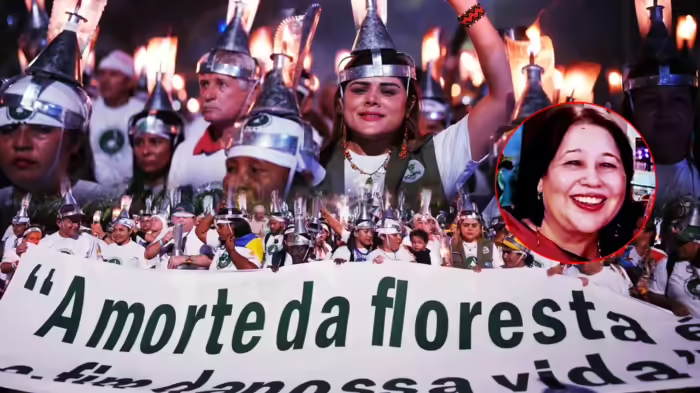
The COP30 United Nations Climate Change Conference is currently underway in Belém, a small city nestled within the dense Amazon rainforest in Brazil. Against the backdrop of rising global temperatures, countries are urgently discussing measures to mitigate climate change, promote clean energy, and build resilience against extreme weather events. From India to Indonesia, the impacts of global warming are increasingly visible, with floods, droughts, and heatwaves affecting millions.
Key Themes: Fossil Fuels, Finance, and Forests
Three words echoed throughout the conference: fossil fuels, finance, and forests. Global leaders highlighted the need to transition away from coal, oil, and gas, increase funding for climate-resilient infrastructure, and protect forests as a critical line of defense against climate change. A fossil-fuel-free economy, affordable clean energy, and secure forests are seen as the pillars of the next decade’s climate battle.
Climate Risk Index 2026
The newly released Climate Risk Index 2026 by Germanwatch underscores that climate change is no longer a distant threat but a present-day crisis. Between 1995 and 2024, over 9,700 extreme weather events claimed 832,000 lives and caused $4.5 trillion in economic losses (adjusted for inflation). India emerged as one of the countries most affected by climate disasters during this period, ranking ninth globally in terms of impact, facing repeated floods, cyclones, heatwaves, and droughts.
Funding Gap Remains Critical
The UNEP’s Adaptation Gap Report 2025 warns that developing nations will need at least $310 billion annually by 2035 to adapt to climate impacts. Yet, actual funding in 2023 was only $26 billion, highlighting a stark 12-14 fold gap between requirements and support.
Bold Action on Fossil Fuels
Brazil and Azerbaijan jointly unveiled the “Baku-to-Belém Roadmap,” aiming to mobilize $1.3 trillion in climate finance by 2035. Brazilian President Luiz Inácio Lula da Silva emphasized the urgency of ending the global dependence on fossil fuels, advocating for a sustainable and affordable energy system. He urged global leaders to align their national climate goals (NDCs) with the 1.5°C temperature limit.
Historic Initiative to Save Forests
On the first day of COP30, Brazil launched the Tropical Forest Forever Facility (TFFF), the largest-ever effort to protect forests. The fund’s initial contribution stands at $5.5 billion, with Norway pledging $3 billion over 10 years, Brazil and Indonesia $1 billion each, and France $500 million. Australian entrepreneur Andrew Forrest became the first private donor, committing $10 million to the initiative.
The COP30 conference in Belém underscores the urgency of global cooperation to combat climate change and protect ecosystems that sustain life on Earth. From reducing reliance on fossil fuels to financing climate resilience and safeguarding tropical forests, the path forward is clear—but the world must act immediately.
Discover more from SD NEWS agency
Subscribe to get the latest posts sent to your email.
